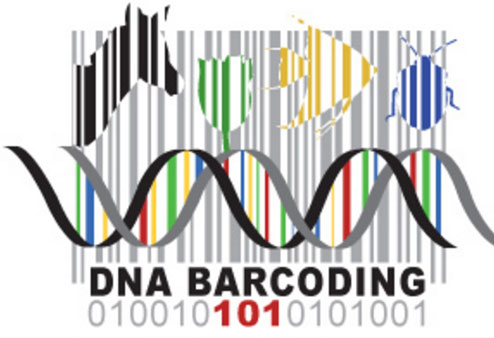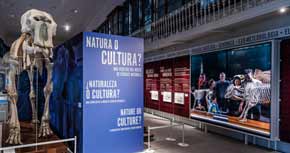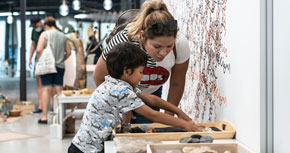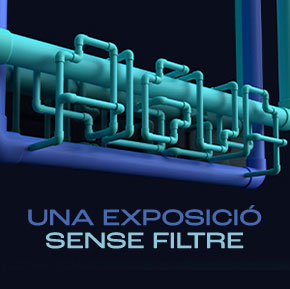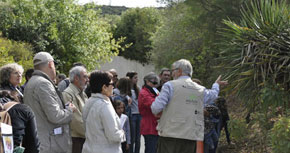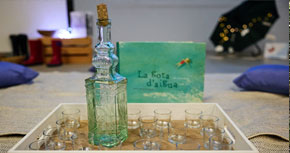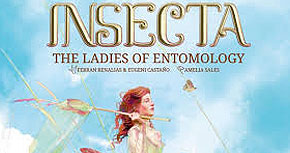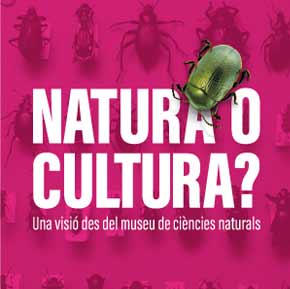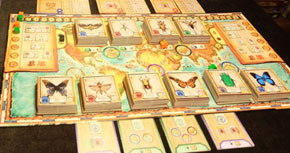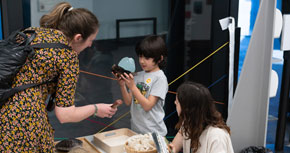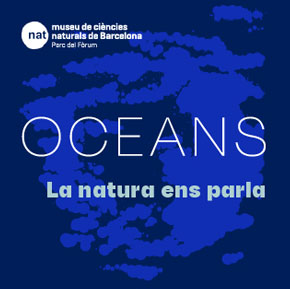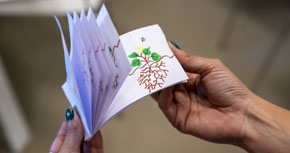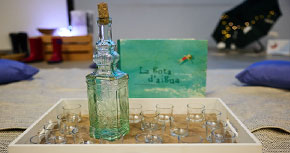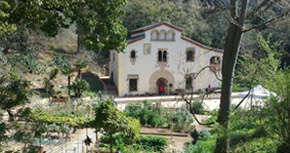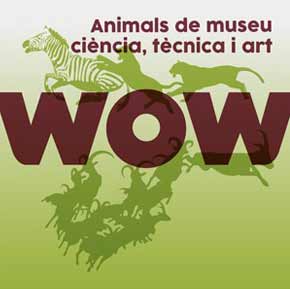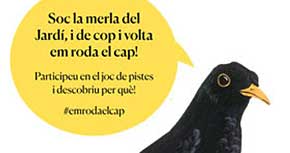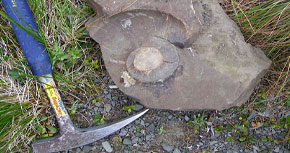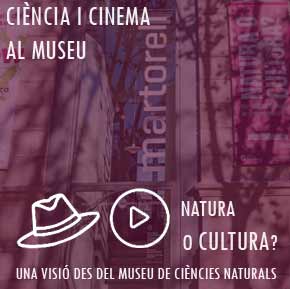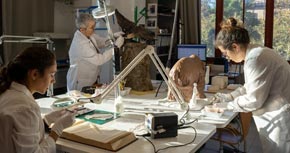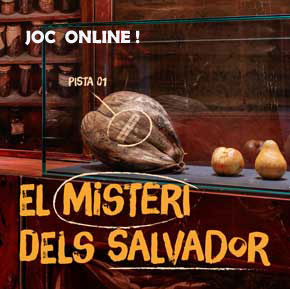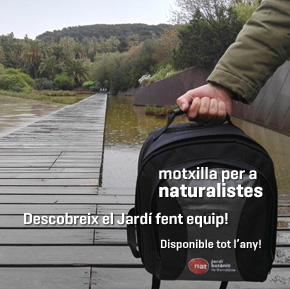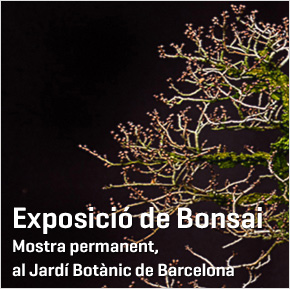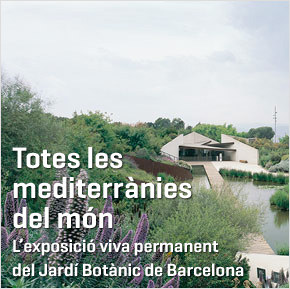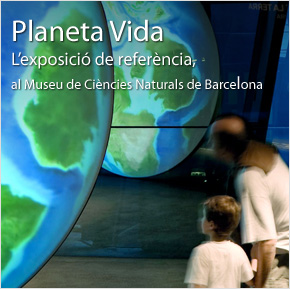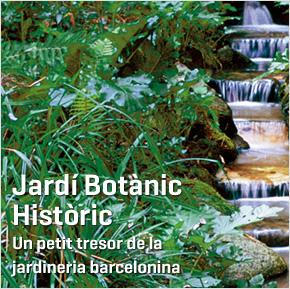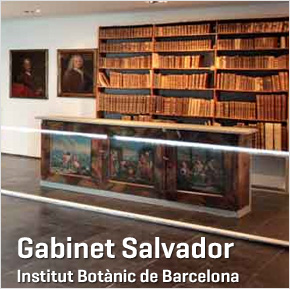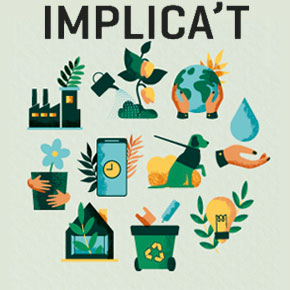- Lloc
- Laboratori de Natura
- Dates
- Dimarts 8 de març de 2016
- Horari
- De 17 a 19 h
- Durada
- 2 hores
- Adreçat a
- Membres del Grup SEMBIOS, però també, a qualsevol persona interessada
- Tipus
- Seminari
- Preu
- Activitat gratuïta
DNA barcoding: the future of biological research collections
BOLD, un “codi de barres” genètic per identificar espècies (idioma vehicular: anglès).
Laboratori de Natura Activitats DNA barcoding: the future of biological research collections
DNA barcoding uses a short standardized DNA fragment (COI in animals) for fast and reliable species identification.
The method has a wide range of applications including the genetic assigning of historical (> 200 y) voucher specimens, the identification of egg and larval stages, the detection of cryptic species, the identification of exotic invasive pest and health-relevant species, food safety, etc. The indispensable requisite for the successful use of barcoding is a database of reference sequences.
The BOLD (Barcode of Life Data Systems) database, seated in Canada, provides sample processing pipelines, centralized data storage, and analytical tools. Most European and American countries have established national barcoding projects to coordinate the activities of individual participating institutions with BOLD. Museums form the bulk of these institutions because many rare species can be obtained efficiently only from museum collections, and because museums typically provide the necessary database management skills and taxonomic expert knowledge. Since 2007 this global consortium has produced 4.7 million barcode sequences of more than 167,500 formally described species of animals alone. I will introduce BOLD and some important European barcoding projects.
I will also highlight some important scientific findings that show where barcoding excels and where its limits are. Finally I will describe some current research directions, such as metabarcoding and other applications of high-throughput sequencing in barcoding.
Ponent: Dr. Oliver Hawlitschek, Institut de Biologia Evolutiva CSIC-UPF.
Idioma vehicular: anglès.
Dins el programa de Seminaris de Biodiversitat, SEMBIO. Debat i intercanvi d’experiències essencialment sobre sistemàtica i evolució animal i filogènia molecular, per bé que altres vessants de l’estudi de la biodiversitat també hi tenen cabuda.
Aquests seminaris estan organitzats pel Grup de Recerca Consolidat ZooSysEvo, format per científics de la Facultat de Biologia de Barcelona i del Museu de Ciències Naturals de Barcelona.
Altres activitats
- Des de 12-12-2024
- Fins a 12-12-2024

